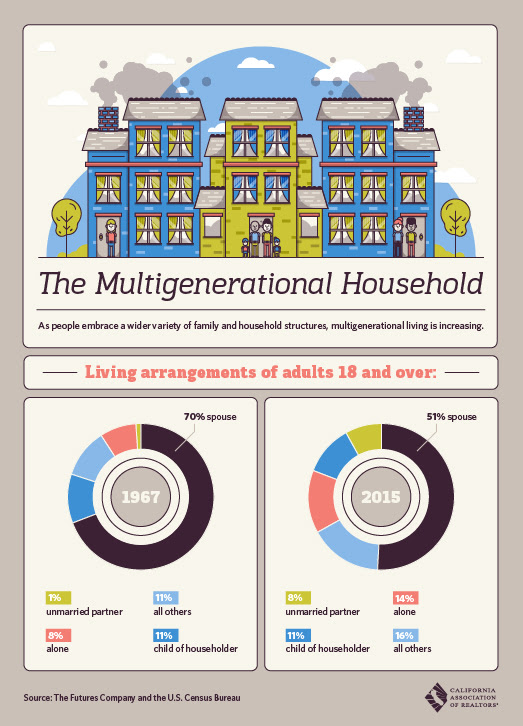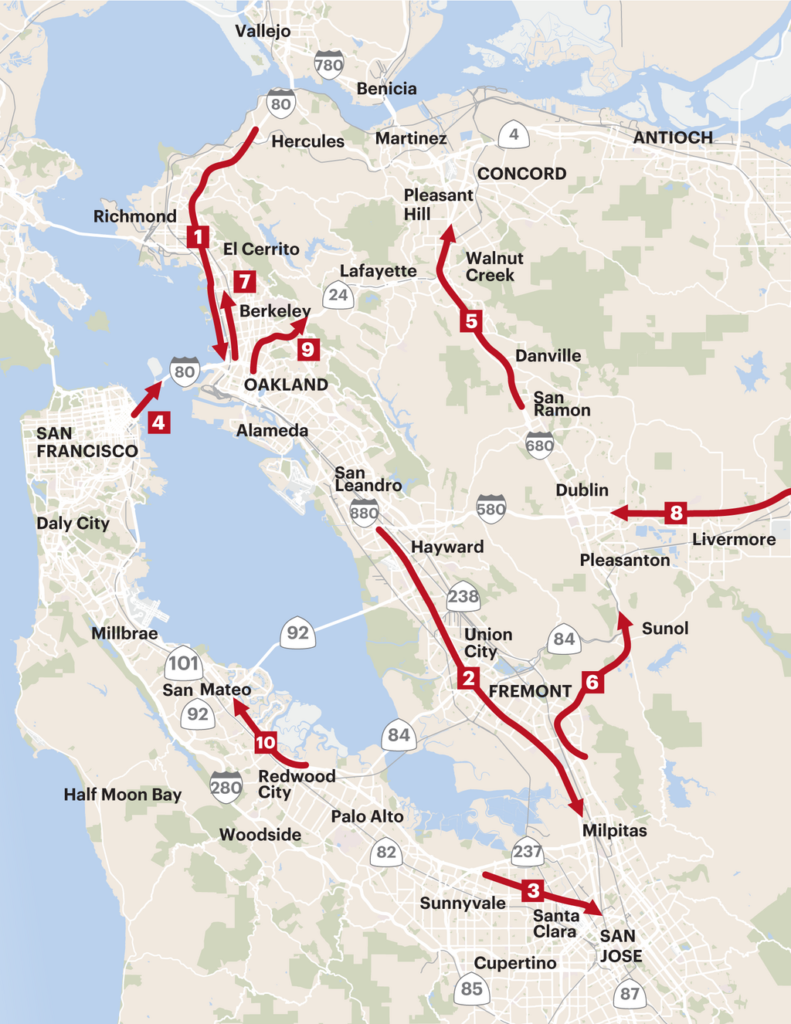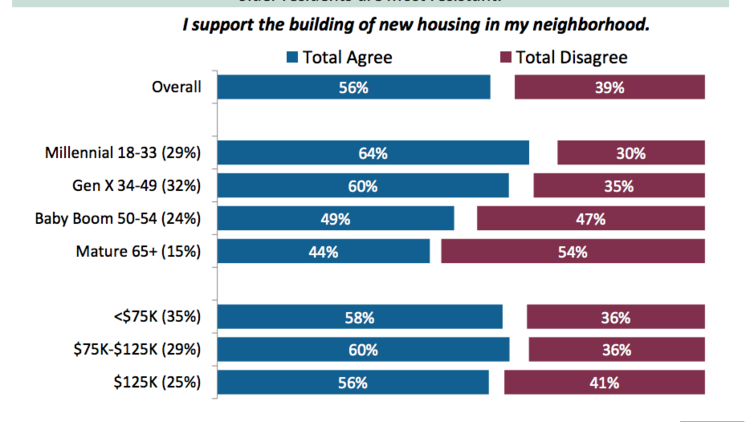Two tech startups headquartered in the San Francisco Bay Area said Tuesday they’re expanding elsewhere, establishing offices and hiring hundreds of employees in North Carolina and Arizona at much lower cost than here.
San Francisco fintech Credit Karma, which only last week said it would enter the tax-preparation business, wasted no time in staking out an office for the service in Charlotte. Palo Alto-based Houzz, a home remodeling and design web site, will open a sales and client services office in Tempe.
Ever since the affordable housing component of the MacArthur Transit Village 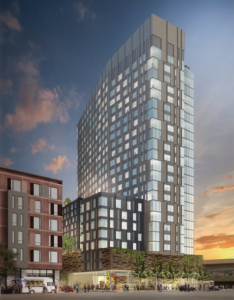 was completed, all eyes have been on the surrounding lots that are supposed to remake this former parking lot into a vibrant and welcoming mixed-use development.
was completed, all eyes have been on the surrounding lots that are supposed to remake this former parking lot into a vibrant and welcoming mixed-use development.
 The yuan began plummeting in August, driving the Chinese currency to a five-year low versus the U.S. dollar. The Chinese authorities have been compelled to increasingly tighten the noose on cross-border capital flows to defend the yuan and to slow down the burnout of the nation’s foreign-exchange reserves since then. This includes increasing scrutiny of transfers overseas, to closely check whether individuals send money abroad by breaking up foreign-currency purchases into smaller transactions.
The yuan began plummeting in August, driving the Chinese currency to a five-year low versus the U.S. dollar. The Chinese authorities have been compelled to increasingly tighten the noose on cross-border capital flows to defend the yuan and to slow down the burnout of the nation’s foreign-exchange reserves since then. This includes increasing scrutiny of transfers overseas, to closely check whether individuals send money abroad by breaking up foreign-currency purchases into smaller transactions.
Read more in the full article at SFGate.
The for-rent ads in the San Francisco Chronicle on Sunday, April 2, 1961, sound dreamy:
Luxurious spacious 4 rooms. Many walk-in closets. All Utilities included. $155 a month in the Marina.
Deluxe 3. Garbage disposal, wall-to-wall carpet. Garage included. $125 and up in Pacific Heights.
Spectacular Marine view. 1-bedroom, sun deck. $175 on Telegraph Hill.
Those were the good old days, right?
In fact, in the early 1960s, rents in San Francisco were rising by an average of about 6.6 percent each year. As it turns out, that’s the same annual rate they would later rise in the 1970s, and in the late 1990s, and in the mid-2000s. It’s the rate they’re rising today.
How many units would we need to build in order to slow or reverse the rent increases? You can find the whole article on Wonkblog.
This coul d be a potential game-changer for increasing our housing stock in the Bay Area:
d be a potential game-changer for increasing our housing stock in the Bay Area:
Gov. Jerry Brown has proposed sweeping statewide legislation that would allow new market-rate projects with onsite affordable housing to be approved “as of right,” in potentially California’s most significant housing policy change in years.
The proposal has big ramifications for the Bay Area, where many cities and well-organized residents’ groups have long fought residential development.
Find more in a recent article on the SF Business Times.
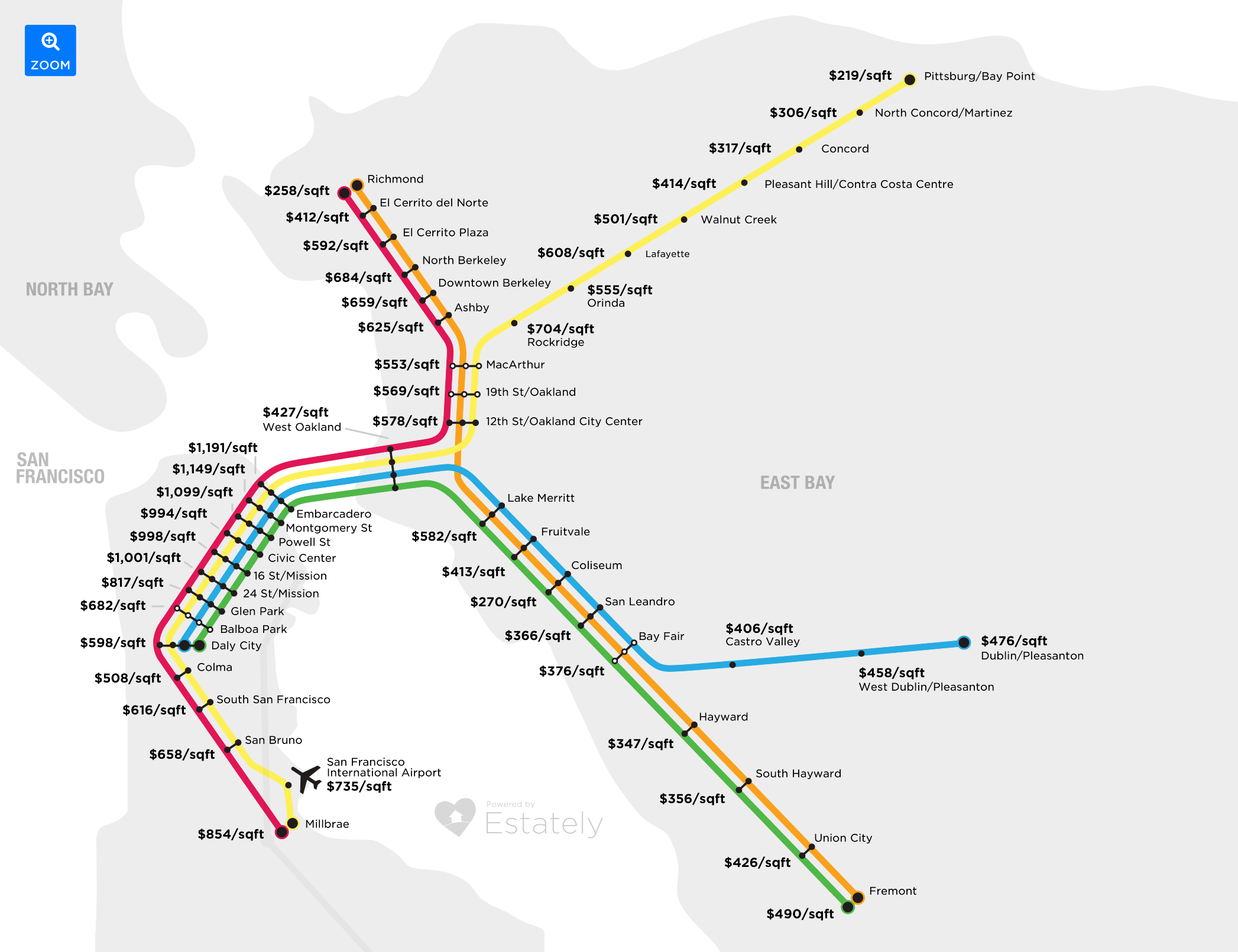 Source: Estately
Source: Estately


